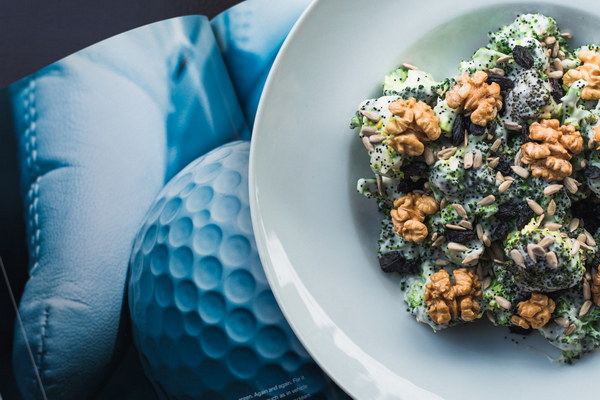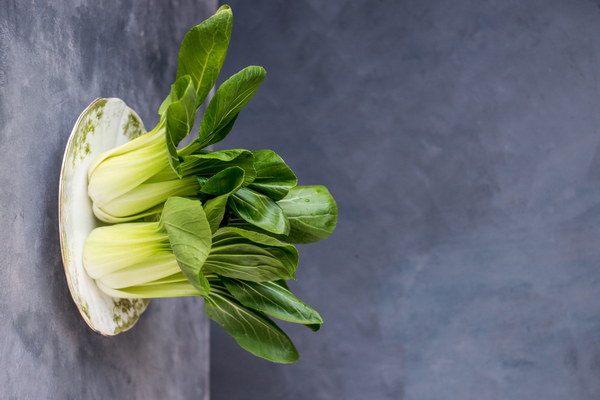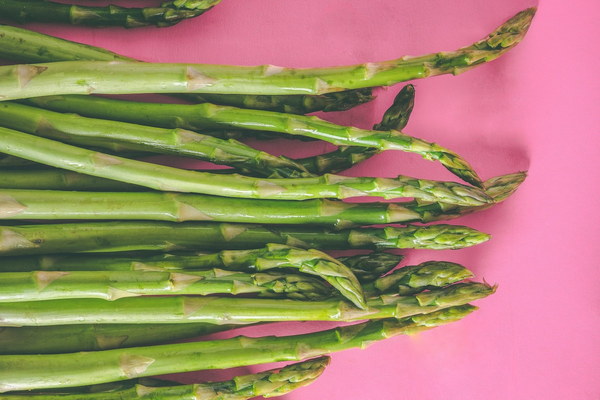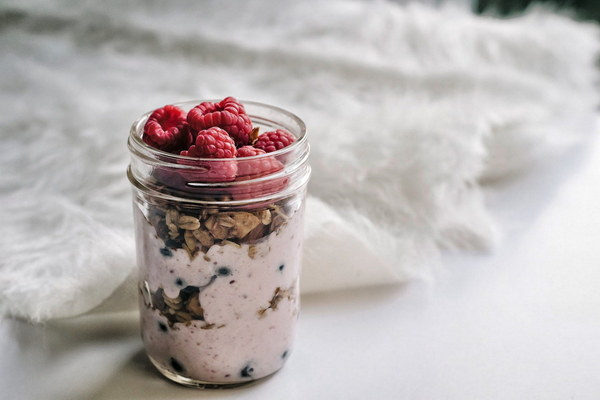Unlocking Nature's Secret The Ancient Herb Combination of Huang Qi and Cang Zhu for Dampness Relief
In the vast tapestry of traditional Chinese medicine, there exists a powerful blend of herbs known for their remarkable healing properties. One such combination is the artful fusion of Huang Qi (Astragalus membranaceus) and Cang Zhu (Atractylodes macrocephala), which has been used for centuries to combat dampness and promote overall well-being. This article delves into the world of Huang Qi and Cang Zhu, exploring their origins, benefits, and the art of preparing a soothing herbal infusion to alleviate dampness.
Origins and Cultural Significance
Huang Qi, also known as the King of Herbs, has been cherished in Chinese medicine since ancient times. Belonging to the Fabaceae family, this leguminous plant is highly revered for its ability to boost the immune system and enhance vitality. Cang Zhu, on the other hand, is a member of the Apiaceae family and is often referred to as the treasure of the earth due to its potent drying and dampness-relieving properties.
Together, Huang Qi and Cang Zhu have been used in various forms, from decoctions to powders, to treat a wide range of ailments associated with dampness, such as fatigue, poor digestion, and joint pain.
The Science Behind Dampness
In traditional Chinese medicine, dampness is considered an internal imbalance that can lead to various health issues. It is believed that dampness arises from an excess of water and mucus in the body, which can be caused by factors such as overeating, exposure to cold and damp weather, and emotional stress.
The Huang Qi and Cang Zhu combination works by drying up excess moisture and restoring balance to the body's internal systems. Huang Qi has been found to have anti-inflammatory and immune-boosting properties, while Cang Zhu is known for its drying effects on dampness.
Preparing the Herbal Infusion
To harness the benefits of this ancient herb combination, one can prepare a simple yet effective herbal infusion. Here's a step-by-step guide on how to make a soothing cup of Huang Qi and Cang Zhu tea:
1. Ingredients: Gather 10 grams of Huang Qi and 10 grams of Cang Zhu, which can be purchased from a local herbal store or online.
2. Preparation: Rinse the herbs under cold water to remove any impurities.
3. Boiling: Place the herbs in a pot and cover them with water. Bring the water to a boil.
4. Steeping: Once the water has reached boiling point, reduce the heat and let the herbs steep for about 15-20 minutes.
5. Straining: Remove the pot from the heat and strain the herbs using a fine-mesh sieve or cheesecloth.
6. Enjoying: Pour the strained liquid into a cup and let it cool to room temperature before drinking. You can also add honey or lemon to enhance the flavor.
Benefits of the Huang Qi and Cang Zhu Combination
The Huang Qi and Cang Zhu herbal infusion offers a multitude of benefits, including:
- Dampness Relief: As mentioned earlier, this combination is excellent for drying up excess moisture in the body, thus alleviating symptoms of dampness.
- Immune Support: Huang Qi is well-known for its immune-boosting properties, helping to strengthen the body's defense mechanisms.
- Digestive Health: The drying effects of Cang Zhu can aid in improving digestion and alleviating symptoms of bloating and constipation.
- Joint Pain: For those suffering from joint pain or arthritis, the combination of Huang Qi and Cang Zhu can help reduce inflammation and improve mobility.

- Stress Reduction: The soothing properties of the herbs can help alleviate stress and promote relaxation.
Conclusion
The Huang Qi and Cang Zhu herbal infusion is a testament to the wisdom of traditional Chinese medicine. By harnessing the power of these ancient herbs, one can experience a natural and effective way to combat dampness and improve overall well-being. So, the next time you're feeling the effects of dampness, consider brewing a cup of this rejuvenating herbal tea and let nature's magic work its wonders.









